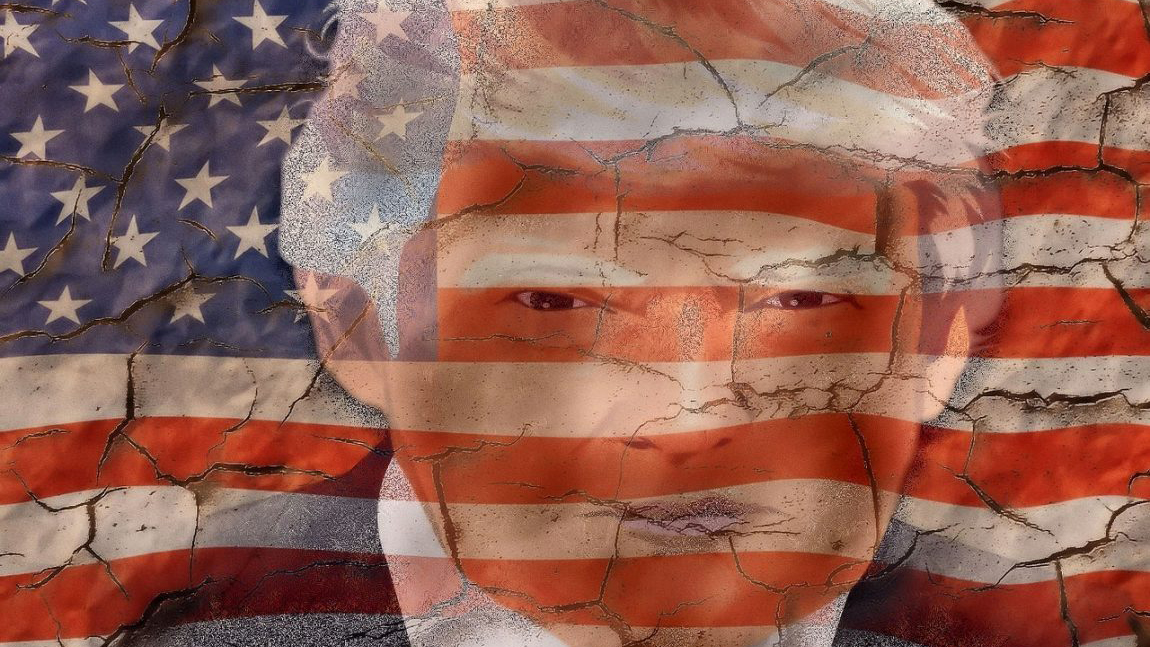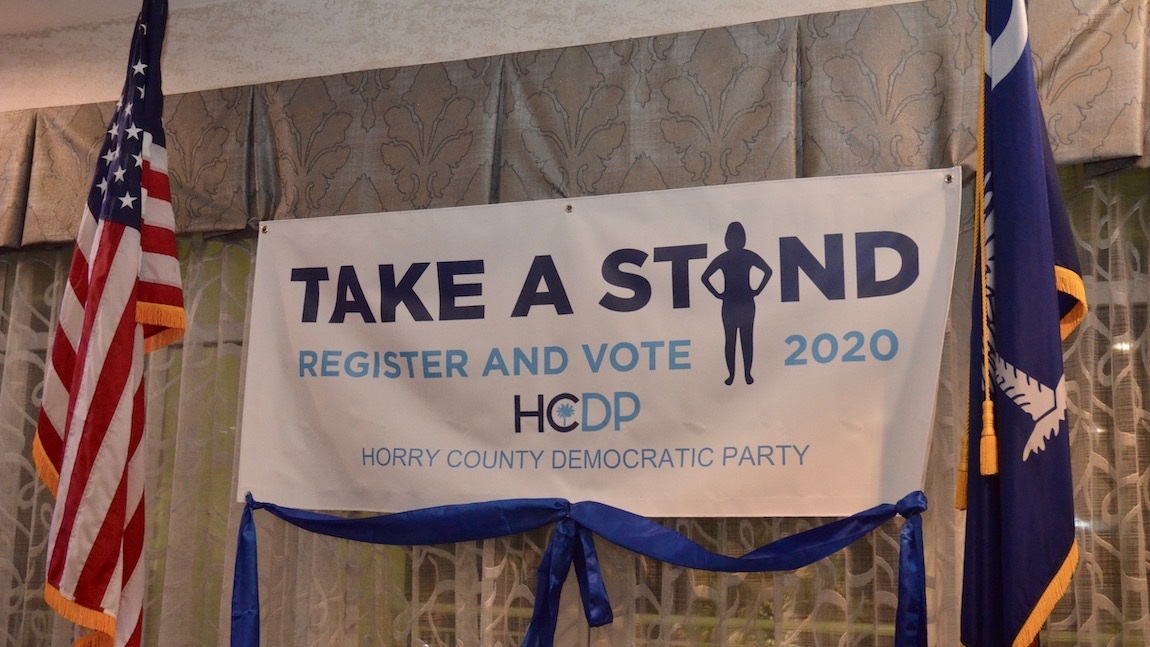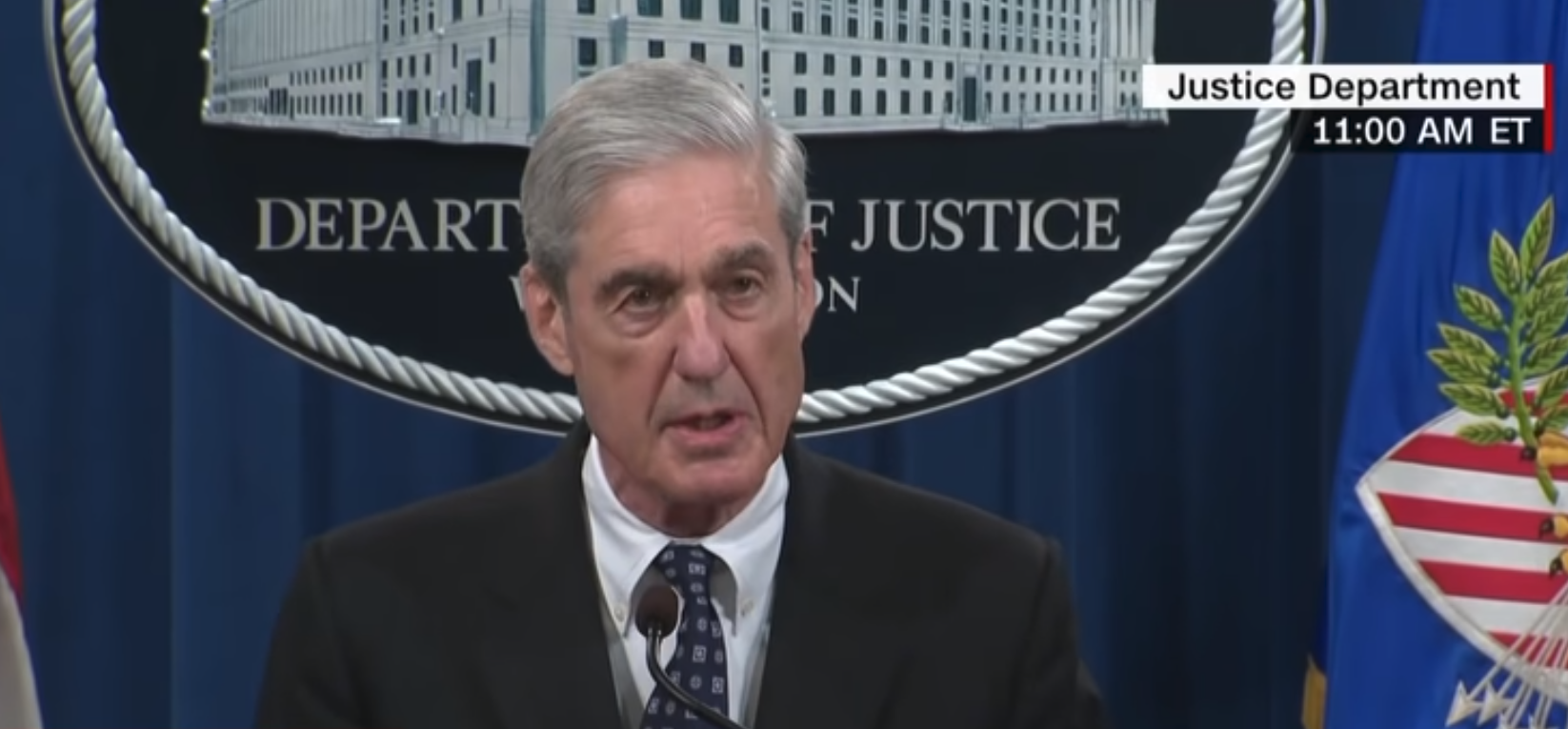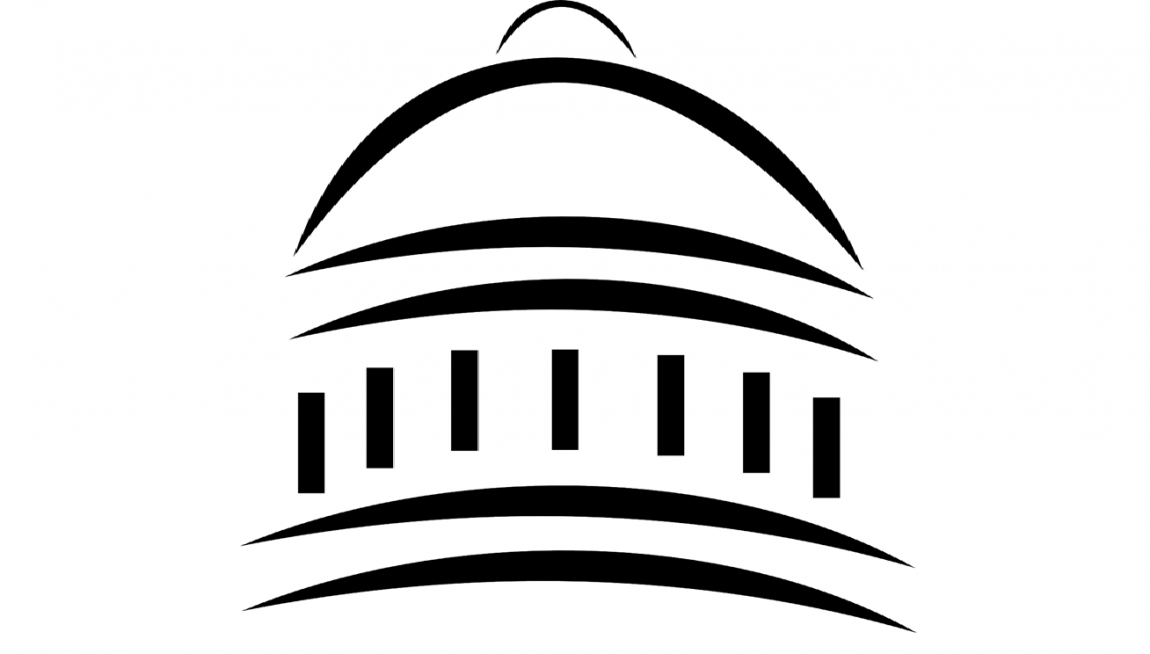By Andrew Pauly
Three weeks ago, George Floyd was killed by a police officer as bystanders pleaded for his life and three other officers watched. Sparking protests around the world, Floyd’s death is certainly not the first. Police brutality has been a subject on the Black Lives Matter agenda for a long time.
However, the death of George Floyd has put the Black Lives Matter movement at the center of the world’s attention. People are no longer accepting the countless tragedies that have occurred and will continue if increased accountability and restrictions are not put in place.
The ensuing protests have led to controversial methods to bring about change. Regardless of the method, protesting is protected by the First Amendment under the right to assemble, the right to petition the government, and the right to free speech. However, not every form of speech is protected as the Constitution only protects peaceful assembly. Non-peaceful forms of protesting not only defeat the purpose of protesting violence, but completely undermine the message of peace and reform.
The line with free speech often gets fuzzy as many people advocate for the punishment of hate speech. However, hate speech is legally protected as a form of free speech. What is not protected as a form of free speech is fighting words. They are intended to cause violence and harm, whereas hate speech is intended to spread hate and prejudice. The distinction between the two lies in the intention. If the speech during a peaceful protest is obviously intended to create violence, then it is illegal.
Protesters should use speech that spreads a message of love rather than one of hate.
Despite the distinction between fighting words and hate speech, there have been situations where officers have attacked peaceful protesters. During a protest outside the White House, officers cleared peaceful protesters with tear gas to make room for President Trump to walk to St. John’s Episcopal Church for a photo opportunity. Another situation involved a 75-year-old man pushed to the ground by officers leading to a serious head injury.
Apparently, the officers attacking protesters don’t seem to understand that perceived wrong is not the same as statutory wrong. These officers apparently acted on the belief that protesting against police brutality is wrong in itself, violating the natural moral principles of society.
This way of thinking is defensive backlash against protesters questioning the authority of law enforcement. These officers apparently believe that the ability to use brute force as a way of confrontation is necessary — understandable in dangerous situations involving a threat to innocent lives. However, when the use of such force is abused, it is the right of the people to assemble under the First Amendment and to protest.
Police Reform Legislation
Unwarranted violence from those whose duty is to protect us has no place in modern society and the House Democrats’ Justice and Policing Act is just one of several steps needed to reform the system.
However, Republicans in the Senate have proposed a bill that would discourage rather than ban policing tactics such as no-knock warrants and chokeholds. The GOP doesn’t seem to grasp the reality and seriousness of the systemic humanitarian crisis confronted by black Americans today. Discouraging does little to prevent those who abuse authority from using these tactics unjustifiably.
Furthermore, the NAACP has issued more demands than just a ban on forceful tactics such as citizens review boards, including at least six-steps with clear rules on escalation. These demands are important to include in the ultimate legislation approved by Congress, as they provide accountability and clear boundaries while ensuring officers can do their jobs effectively.
Regardless of partisan identity, it is essential that all of us stand up for the most basic principles of humanity and amplify the grievances of those oppressed. The continued amplification of our voices against systemic racism and police brutality will eventually get the attention of Congress and help achieve the necessary reform.
Andrew Pauly is HCDP’s Communications Intern. A 2020 graduate of Carolina Forest High School, he will attend Middle Tennessee University in the fall.





